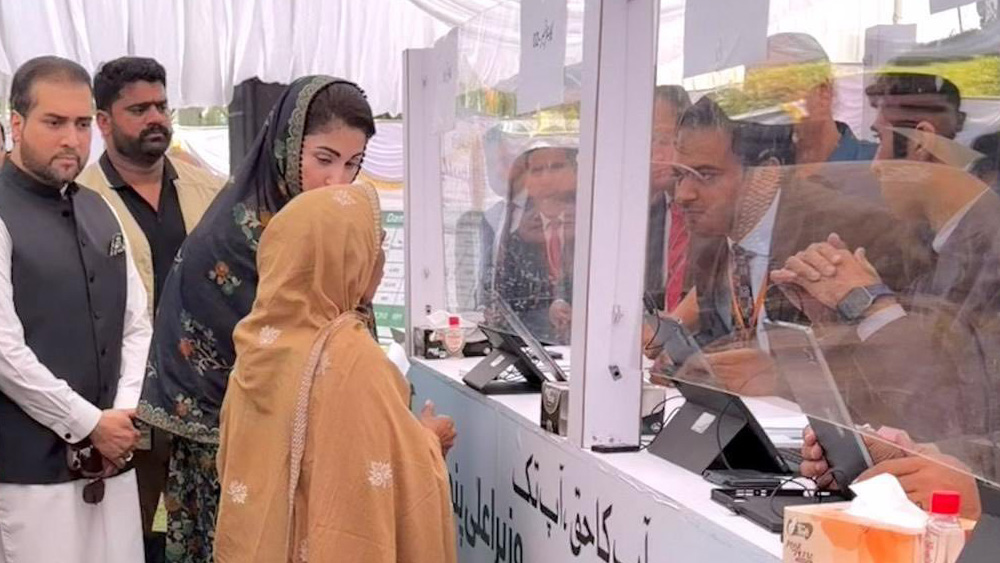KARACHI: Punjab Chief Minister Maryam Nawaz Sharif has announced a new round of cash assistance for flood-affected families, confirming that the Benazir Income Support Programme (BISP) will release Rs25,000 [$89] per eligible household as part of the 2025 flood-relief strategy.
Meanwhile, experts say the Benazir Nashonuma Programme (BNP), operating under BISP, is demonstrating strong impact in Pakistan’s efforts to combat chronic malnutrition. Launched in 2020, the programme provides conditional cash transfers to pregnant and lactating women and to children under two years of age.
The payments are linked to regular antenatal and postnatal check-ups, immunisation, and nutrition counselling, aiming to improve maternal health and reduce stunting in infants.
According to Dr. Mazhar Abbasi, National Project Manager at Nutrition International, Benazir Nashonuma has grown into “one of Pakistan’s largest nutrition interventions,” with operations now spanning 156 districts and 3.5 million mothers and children enrolled.
“Supplements worth nearly Rs21 billion [$74 million] have been disbursed to over 850,000 direct and indirect beneficiaries, as verified by the Aga Khan University’s 2023–24 midline evaluation,” he told Pakistan TV Digital.
The evaluation found that children in programme areas showed a 10-percentage-point lower prevalence of stunting at 24 months compared to similar districts without the programme.
The study also documented a drop in low birth weight from 31.4 percent to 20 percent in Nashonuma districts, compared to 17.6 percent in non-programme areas. Improvements were also recorded in antenatal care coverage, dietary diversity among mothers, skilled birth attendance, postnatal care, and maternal anaemia.
“These numbers demonstrate how a well-designed, nutrition-sensitive social protection model can deliver measurable improvements in maternal and child health within a relatively short timeframe,” Dr. Abbasi said. He added that the programme’s combination of supplements, counselling, and conditional cash transfers “is yielding results at scale.”
Officials at BISP describe Nashonuma as a core pillar of Pakistan’s broader social protection framework, one that strengthens household resilience by integrating nutrition support with income assistance.
Dr. Ali Turab, public health and nutrition expert, said conditional cash transfers played a stabilising role in flood-affected areas by helping families maintain access to nutrient-dense foods, avoid skipping meals, and continue seeking routine healthcare.
“By easing immediate financial pressure, CCTs reduced stress and shock-related vulnerabilities,” he told Pakistan TV Digital. “Families became more willing to prioritise girls’ health, which is often neglected during emergencies.”
He said the programme is effective because it focuses on the first 1,000 days of life, a critical period for preventing stunting, while being anchored in BISP’s national platform, ensuring coverage, targeting, and sustainability.
He added that Nashonuma functions both as a nutrition intervention and a shock-responsive safety net, especially valuable when food prices rise or services become harder to access during crises.
As Pakistan continues recovery from the 2025 floods, experts note that integrating cash assistance with health and nutrition services, as Nashonuma does, could support a more resilient and nutritionally secure recovery for vulnerable households.





